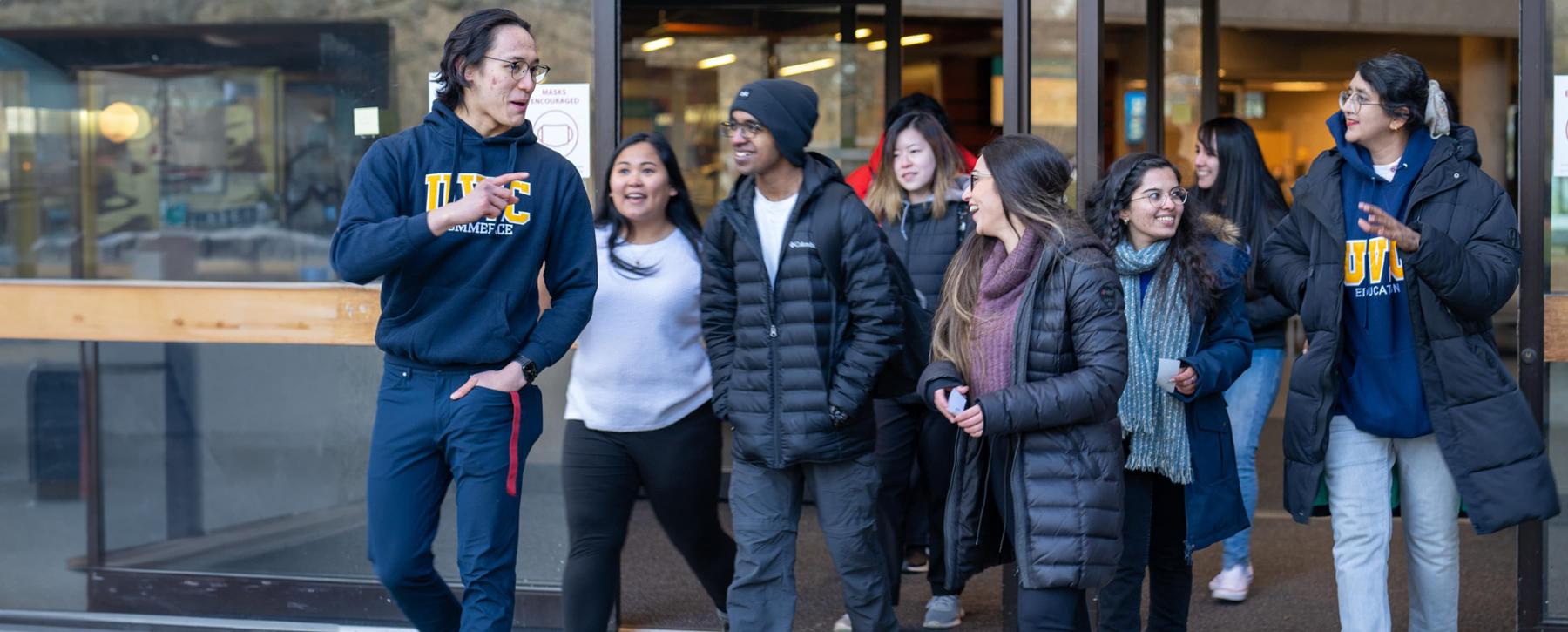International opportunities
See the world while you learn. Our international programs let you explore different cultures and gain a deeper understanding of the world.
International exchange
The International Centre for Students (ICS) coordinates exchange programs for students in the faculties of Humanities, Fine Arts, Science and Social Sciences. Study at one of our 70+ partner universities around the world while gaining credits at UVic and paying UVic tuition fees.
Check with International Centre for Students (ICS) for the most up to date list of recommended partner institutions for political science students and confirm your eligibility and course prerequisites.
Questions?
Work & volunteer abroad
By taking a paid job, an internship or a volunteer position abroad, you'll gain incredible experience and learn about a new country while you're at it.
Questions?
Field schools
Field schools are experiential, intercultural short-term courses that take you out of the classroom to hands-on study and research in locations across Canada and around the world.
Thai Field School
We’ve partnered on a new field school in northern Thailand examining policies of development and the environment. Read about the Thai Field School in the Ring.
Politics of Environment and Development POLI 391 / GDS 391 is a 1.5 unit, third-year level cross-listed course that involves a week of intensive classroom study at UVic. Then it’s off to Thailand for 2.5 weeks of experiential learning.
This field school is unique as priority is given to students usually underrepresented in overseas opportunities. Funding covers the entire costs of the field school for up to 7 students and partial funding for another 3.
For more information about the next Thai Field School, contact Robyn Fila in the Centre for Asia Pacific Initiatives (CAPI).
Summer abroad
International summer programs offer UVic students the chance to broaden your degree, learn a new language and experience a different culture.
To receive credit at UVic, you must obtain a letter of permission before beginning your summer program. For more information, contact an academic adviser.
Funding for international opportunities
UVic offers grants, awards and programs to students who want to participate in international experiences.

